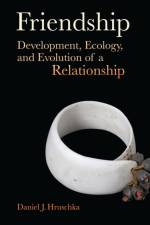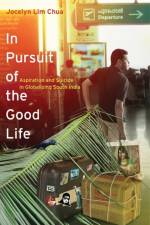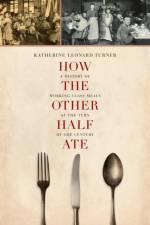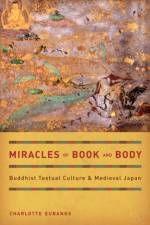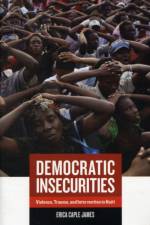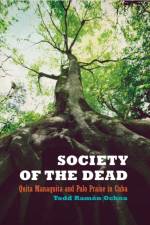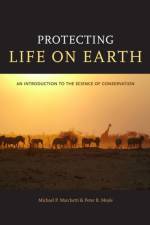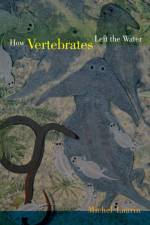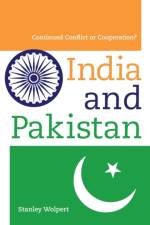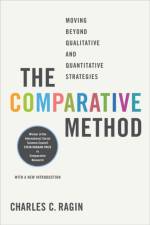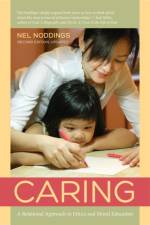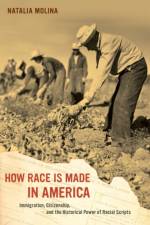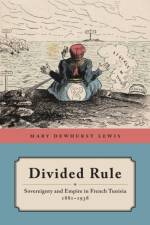- Health and Politics in the Oval Office
av David Blumenthal & James Morone
315,-
Even the most powerful men in the world are human-they get sick, take dubious drugs, drink too much, contemplate suicide, fret about ailing parents, and bury people they love. Young Richard Nixon watched two brothers die of tuberculosis, even while doctors monitored a suspicious shadow on his own lungs. John Kennedy received last rites four times as an adult, and Lyndon Johnson suffered a "e;belly buster"e; of a heart attack. David Blumenthal and James A. Morone explore how modern presidents have wrestled with their own mortality-and how they have taken this most human experience to heart as they faced the difficult politics of health care. Drawing on a trove of newly released White House tapes, on extensive interviews with White House staff, and on dramatic archival material that has only recently come to light, The Heart of Power explores the hidden ways in which presidents shape our destinies through their own experiences. Taking a close look at Franklin D. Roosevelt, Harry S. Truman, Dwight Eisenhower, John Kennedy, Lyndon B. Johnson, Richard Nixon, Jimmy Carter, Ronald Reagan, George Herbert Walker Bush, Bill Clinton, and George W. Bush, the book shows what history can teach us as we confront the health care challenges of the twenty-first century.



